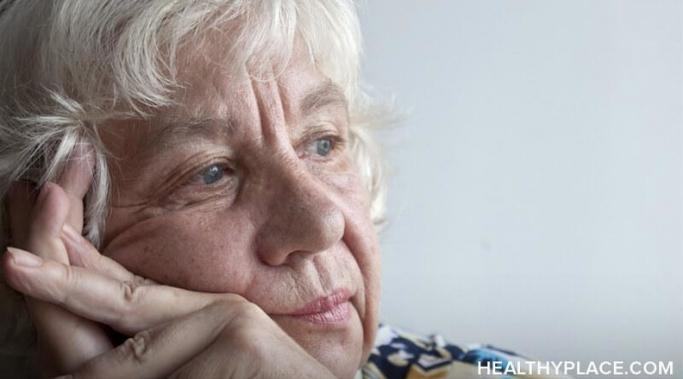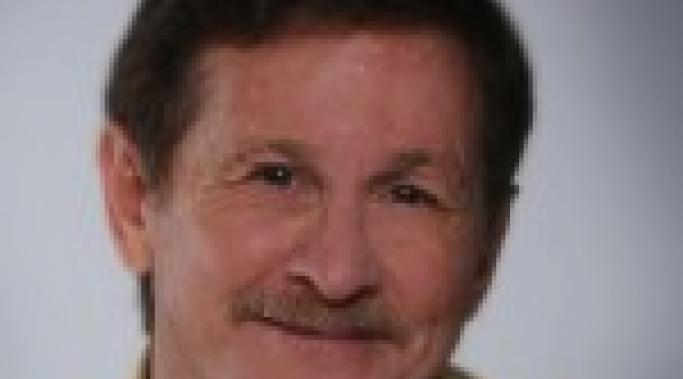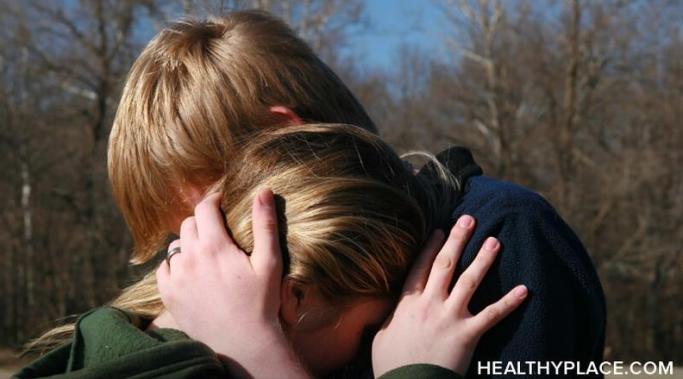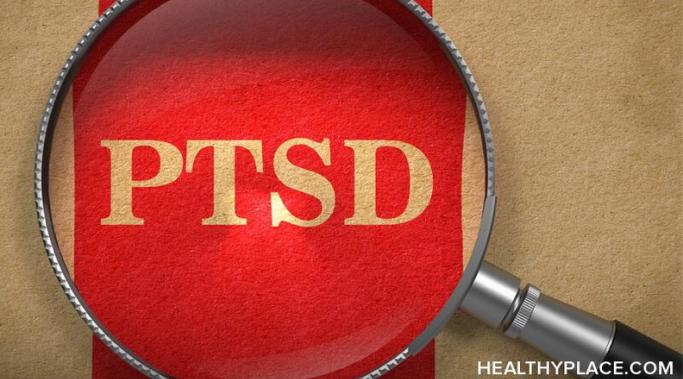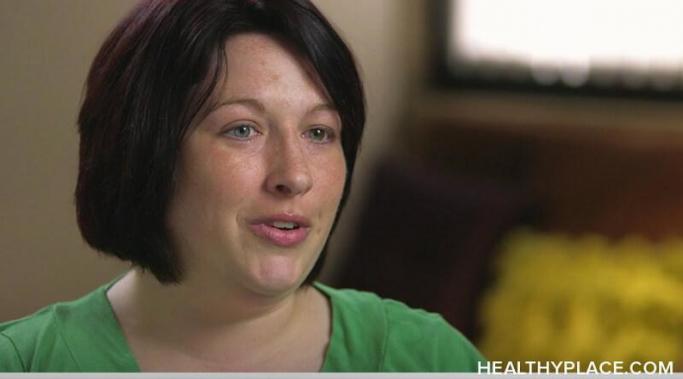There's a lot of awareness around depression these days. People talk more freely about it, there are antidepressant ads on television and radio, and, of course, there's the Internet where information on depression is bountiful. So how is it that a person could be suffering from depression but not recognize the symptoms of depression in themselves?
TV Show Blog
Amanda_HP
What's it like living with major depressive disorder? Imagine not feeling joy in the things that used to make you happy. Having to live day-to-day feeling persistently sad or numb and hopeless. These are just some of the symptoms of major depression. Now think about living that way for decades.
Amanda_HP
Sharing your mental health with the world can backfire sometimes. There are stories across the Internet where people have lost jobs, severed relationships, and been severely criticized because they admitted to having a mental illness like depression, bipolar disorder, borderline personality disorder or you name it. Of course, that's why most people use a false identity when posting on the web, so others won't know it's them.
It's becoming more and more common for children to be diagnosed with mental health issues. We see labeling and medications dispensed now more than ever before for children who may not have been considered anything other than "unique" or "challenging" in years past. There's no doubt about it, children suffer, too. But our guest, Dr. Marilyn Wedge, says that she has never, in 20 years of practice, seen a case that could not be resolved by family therapy.
Sometimes PTSD is pretty cut and dry. There are obvious causes like combat, a plane wreck or car crash. Experiences like rape or witnessing death can also be causes that are well-known. What happens when you have the symptoms but cannot recall an event that may have triggered it? Our guest, Dan Hays, tells us on this episode of the HealthyPlace Mental Health TV Show.
Living with a chronic, serious, or terminal illness is tough. It is life altering and with it often comes a lot of emotional stress. Issues like depression, anxiety, isolation and helplessness are common to experience. Our guest, Dr. Ann Becker-Schutte, joins us to discuss helping those affected by chronic and serious illness to live a balanced life.
The process of coming to terms with your sexual preferences can be challenging and difficult for some people, it's something that many of us take for granted. So what happens if you marry following societal social norms and later discover that you are gay? Dr. Loren Olson, psychiatrist and author, can explain this experience better than most, as he has lived it himself.
Traumatic experience of many kinds, as well as repeated exposure to trauma, can lead to PTSD. Our guest, Michele Rosenthal, experienced a very traumatic event at the age of 13 and lived 24 years before a diagnosis with PTSD helped her to heal.
Some people who find themselves dealing with a mental illness or the illness of a loved one eventually come to a point where they want to pitch in and help the mental health community. Mental health advocacy can feel like a natural progression to some and to others it is surprising or unexpected. No matter how it comes about, it is always remarkable when a person utilizes their challenges in life, like mental illness, to do good in the world. Our guest, Shannon Flynn, does just that as a mental health advocate.
Childhood schizophrenia can be very difficult to diagnose. It mimics other illnesses and becomes even harder to distinguish if alcohol and drug abuse become part of the picture as well. Our guest on the HealthyPlace Mental Health TV Show, Randye Kaye, knows all about this firsthand.

